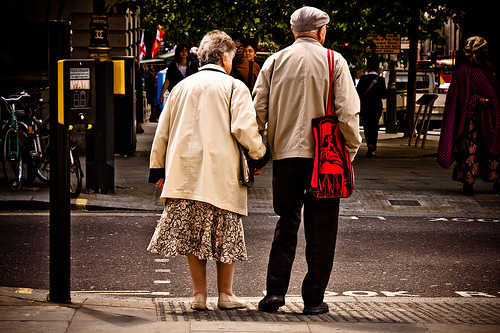World not ready for aging population
“There’s no evidence that an aging population is a population that is economically damaged,” she says.
Prosperity in itself does not guarantee protection for the old. The world’s rising economic powers - the so-called BRICS nations of Brazil, Russia, India, China and South Africa - rank lower in the index than some poorer countries such as Uruguay and Panama.
However, the report found, wealthy nations are in general better prepared for aging than poorer ones. Sweden, where the pension system is now 100 years old, makes the top of the list because of its social support, education and health coverage, followed by Norway, Germany, the Netherlands and Canada. The United States comes in eighth.
 Sweden’s health system earns praise from Marianne Blomberg, an 80-year-old Stockholm resident.
Sweden’s health system earns praise from Marianne Blomberg, an 80-year-old Stockholm resident.
“The health care system, for me, has worked extraordinarily well,” she says. “I suffer from atrial fibrillation and from the minute I call emergency until I am discharged, it is absolutely amazing. I can’t complain about anything - even the food is good.”
Still, even in an elder-friendly country like Sweden, aging is not without its challenges. The Swedish government has suggested people continue working beyond 65, a prospect Blomberg cautiously welcomes but warns should not be a requirement. Blomberg also criticized the nation’s finance minister, Anders Borg, for cutting taxes sharply for working Swedes but only marginally for retirees.
“I go to lectures and museums and the theater and those kinds of things, but I probably have to stop that soon because it gets terribly expensive,” she says. “If you want to be active like me, it is hard. But to sit home and stare at the walls doesn’t cost anything.”
—
Associated Press writers Malin Rising in Stockholm, Tran Van Minh in Hanoi, Vietnam, and Amir Shah in Kabul contributed to this report.